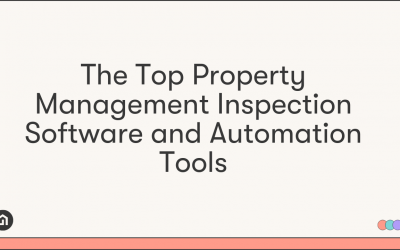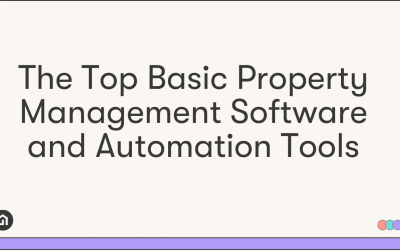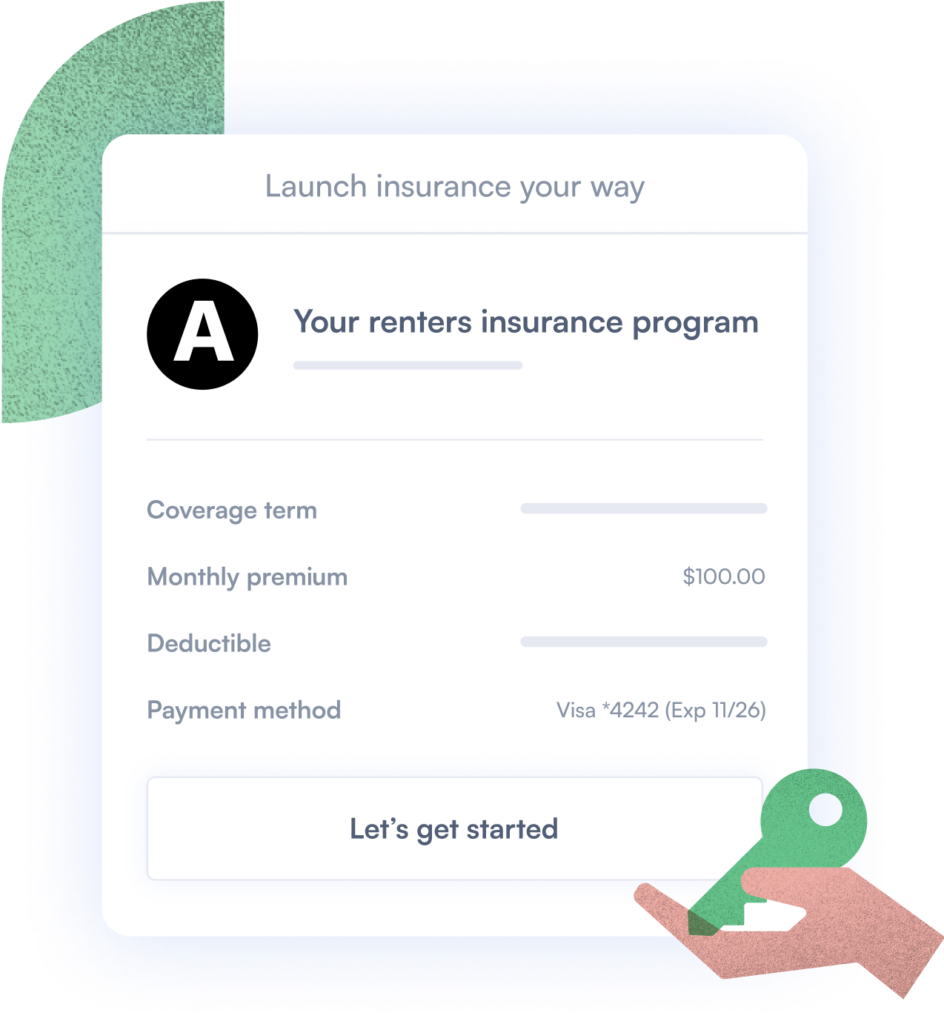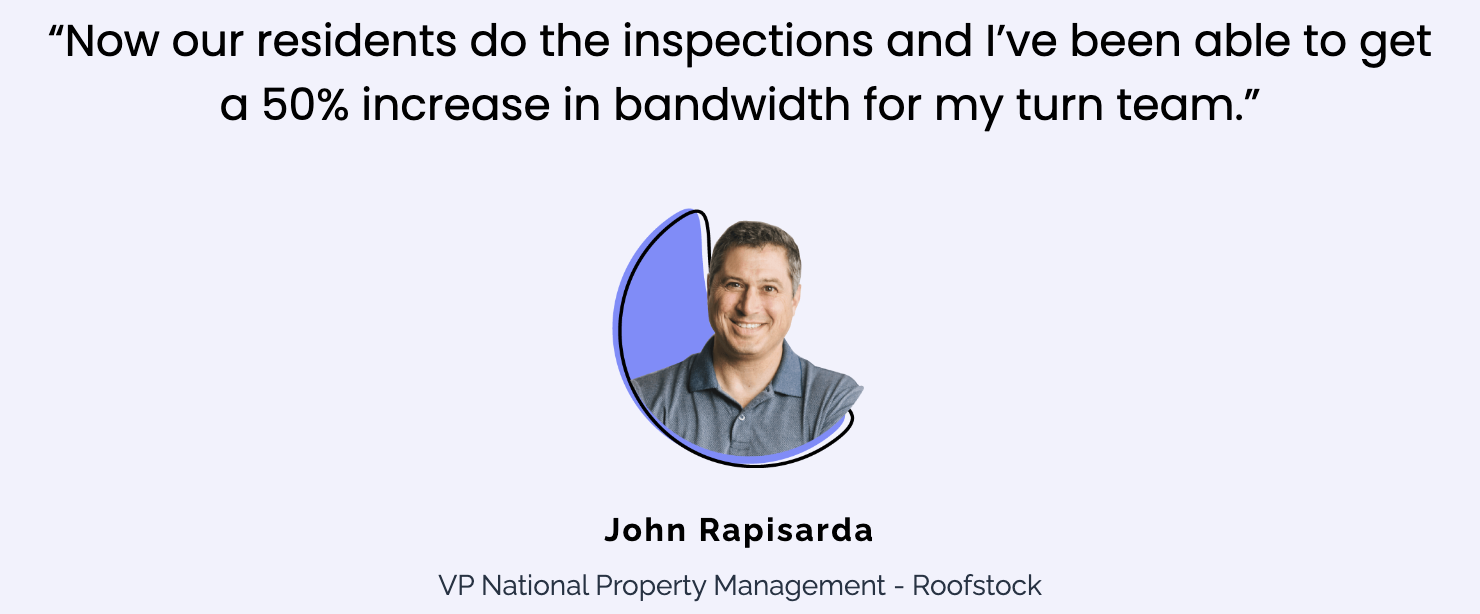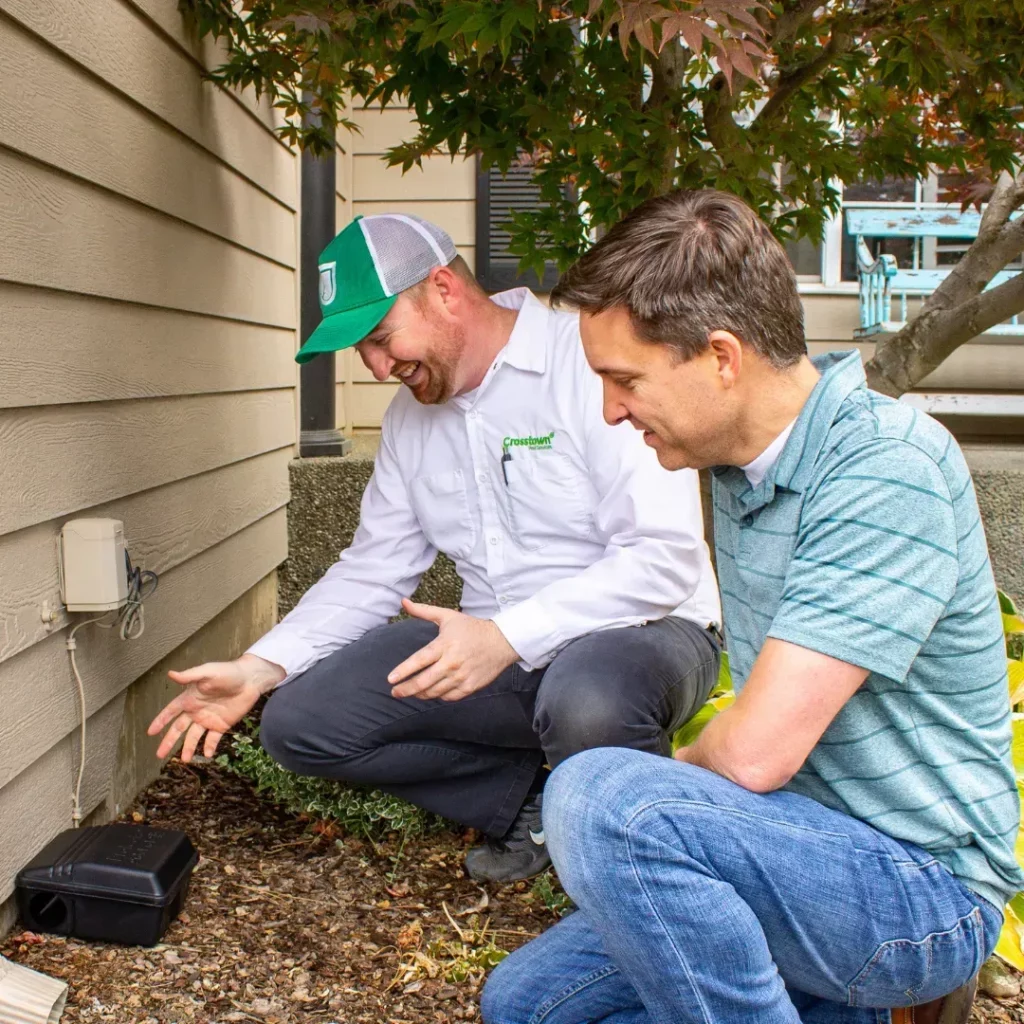When you buy a rental house, it might include tenants in place, and these renters will suddenly turn into YOUR tenants. These tenants are called “inherited tenants.” Inherited tenants may be valuable, as you won’t have to immediately spend some time filling the empty unit, and you are going to be getting income from day one. But inherited tenants may also be insecure, since they weren’t set in place by you personally, and you do not have a very clear sign of just how well they have been screened or which kind of tenant they are.
What’s more, they could have been badly trained by the previous landlord and will have to get re-trained to follow your principles. The exception to the rule is that those renters will be totally perfect, and you will be grateful to have them.
The reality is that you won’t know for certain until you start dealing with these renters. But, there are a couple of things that you can do to boost the prospect of a successful purchase of inherited tenants. Understand that the tenants come with the house, so everything about the rental remains exactly the same as you take over. In the event that you bought a home and the current tenant was on a long term lease, you’d be asked to abide by the provisions and conditions of their lease.
Review Existing Leases
Before closing on the home, you are certainly going to need to assess the leases for each current tenant to check the rental income and what expenses would be the renter’s responsibility. Does their monthly rent fit your needs as the new landlord?
In the event the lease reveals a dramatically lower rental price, you are going to have trouble. This is in fact not as uncommon as you may think, as sellers want to discuss their view of”fair market rent” (exactly what they believe it COULD lease for) instead of what they’re actually getting. If that is true, begin asking questions and make sure you conduct your financials with precise information, not pro forma numbers.
Verification does not finish with comparing the rentals to the financials. Leases can readily be forged or altered. Imagine buying a property, just to find out (after closure ) the lease has been changed by a dishonest landlord. This type of thing does occur, which means you need to confirm the details of the rental with every tenant prior to buying the property.
An Estoppel Arrangement is an easy, one-page form the renter fills out allowing you know the conditions and conditions of their rental to the very best of THEIR knowledge. If the previous owner of the property won’t enable you to talk with the renters and receive Estoppel Agreements, then you may be dealing with a seller who’s attempting to conceal something. Should you receive the Estoppel Agreements signed and postings are located, you will need to be certain that they’re cleared up prior to closure.
Occasionally it might be an honest error, on occasion, a renter may be lying to attempt and acquire lower rent prices, or on occasion the seller may be a liar.
An Estoppel Agreement should include at minimum:
-
The renters’ names that reside in the rental.
-
The monthly rent price.
-
The lease duration (such as start date and end date).
-
The deposit amount.
-
Who pays the utilities.
-
Who owns the appliances and fixtures of the home.
-
Whether there are pets at the house.
Ensure you and the renter sign this arrangement, and keep it within their “tenant document ” In this manner, if a renter attempts to inform you later on their deposit was really $1,000 rather than the $500, you can back your claim up with their touch on the Estoppel Agreement.
Put Yourself In Their Shoes
When buying a property which has inherited renters, remember they are probably aware of the sale and are worried about the unknown.
In this correspondence, we like to allow the tenants to know about a few of the improvements which are going to be happening in the home in the forthcoming months. This could help reassure the renter that you aren’t a slumlord, rather, a person who takes pride in your rental properties.
Maybe you buy a house with existing tenants and you also are aware that the rents are much too low. Perhaps market rate is $100 greater than what the tenants are currently paying. If each of the tenants was on a monthly agreements, then you could increase the lease price with merely a 30-day notice.
Do you up rents immediately to your inherited tenants? Or is it better to wait, do it over time and break them into the relationship? If we abruptly raised the rent on all the tenants, it is likely a lot of the renters would vacate, and we would be left with a lot of units that had to be rehabbed and hardly any income coming in to help with these expenses. On the flip side, if we allow the renters to remain at the $100 a month gap, that’s tens of thousands of dollars in possible rent we wouldn’t be getting every year.
There is not always a straightforward answer on whether you ought to increase the lease price immediately or over time. If you don’t have the funds to deal with that storm of turnovers then you should maintain the lease the exact same for the majority of the tenants for its first year. Increase the rental prices as you spiff up units and bring fresh tenants in. Another investor, somebody with much more funds, may opt to elevate everybody’s lease and take the instant reduction of monthly income, choosing instead to rehab numerous units and get new tenants in fast.



